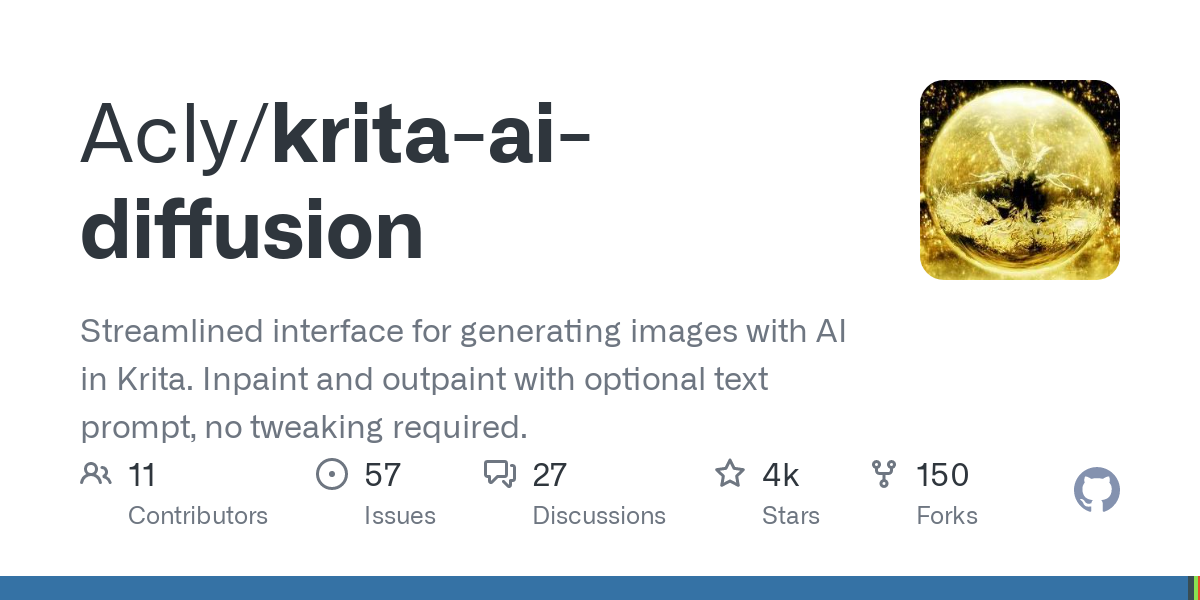Vivaldi is an employee owned cooperative
Black belt in Mikado, Photo model, for the photos where they put under ‘BEFORE’
- 18 Posts
- 71 Comments

 41·17 days ago
41·17 days agoIt’s mainly the price nowadaysm eg, Google and M$ have the biggest FOSS catalogues out there, doft full with their tracking APIs, GitHub is owned by M$, even Facebook develope a lot of FOSS, same Amazon and other big corporations. Yes, feedom that everybody can use this products, same as also Freeware, proprietary or not. Freedom has nothing to do with this. The only freedom a normal user have is that he can fork FOSS, but only if he have the needed skills, if not, he have to trust the author and his intentions. Are you capable to audit a big complex soft and to fork and maintan it to your like? In this case, congrats.
We currently see the trust of FOSS in Firefox from Mozilla, turning in an advertising company, we see it in Brave sharing data with fishy crypto companies. FOSS distributed with dozends of different licenses, more o less restrictives and even copyrights. The current definition of FOSS is turning in pretty debatable and certainly has to do very few with Freedom nor romanticism.
Competition and market are the ones that put the rules, everything else is heavenly music. only valid for some indie apps from particular devs.

 41·17 days ago
41·17 days agoNon freeware FOSS don’t exist, FOSS - Free Open Source Soft, is always free, but there are non freeware OpenSource apps, like eg. Proton VPN, which is OpenSource but not Freeware, only Freemium (server cost money), or also Filen, it’s also only Freemium OpenSource, if you need more than 10GB storage, you have to pay for it. There are also paid OpenSource apps without free version.

 373·17 days ago
373·17 days agoFOSS is always Freeware, but Freeware isn’t always FOSS. Freeware don’t mean other thing that the soft is free to use, nothing more.
A whole collection of several games to play in the browser or download them.

 1·27 days ago
1·27 days agoThat of Mozilla is enough clear, although not much better with several external links that must be checked separately. But in general it is a fairly valid rule that the site has things to hide if it puts a very long legal text. A normal user does not bother to read a text of 2 or more pages in a difficulty legal jargon.
Honest sides don’t need to do it, good examples are the PPs of the SSuite (the shortest ever) or Andisearch, which are between the bests I know.

 11·27 days ago
11·27 days agoYes, but this is a different thing. It’s clear that you are not private, even using TOR, if you use Google for search, post on Fakebook or use another page/service which logs and profile your activity, but it’s different if the browser itself or/and its company is tracking you, sharing it with third parties. That is the point. GDPR limit this to an minimum, but don’t avoid it completely. More than ever is important that you ALWAYS read TOS and PP of every app/service before using it. A good rule is: longer and more written in a legal jargon, difficult to understand and many external links, it is a sign that the app or service is trying to hide its activities and dark patterns by boring the user. A honest app/service don’t need this tricks, using a short and clear text.

 2·28 days ago
2·28 days agoYes, naturally to create an account for Sync, they have to store your data. But it’s not the same if they also share these with third parties.

 1·28 days ago
1·28 days agoYes, you can opt out, you simply send an request with your data to Alphabet INC.

 2·28 days ago
2·28 days agoYes, but the problem isn’t really the browser itself, it’s Mozilla which has turned in an advertising company, supported by Google and another ad company. If you need to sync your data and want to stay private, you have to do it with an third party or selfhosted cloud service, independend which FF fork you use.

 21·29 days ago
21·29 days agoThat is the point, it’s not so important that a few % of the UI source of an browser is proprietary or not, way more important for the user are the ethics and transparency of an company

 43·29 days ago
43·29 days agoBecause it’s an independent employee owned cooperative from Norway, without any extern investors. It don’t need to share data to make money. It’s business model is different from sharing userdata.
PP
At Vivaldi Technologies AS (“Vivaldi AS”), protecting your privacy is a top priority. We strictly protect the security of any and all personal information you provide to us while using Vivaldi products and services. We do not share or sell information to any third party and we proactively protect all user data from disclosure, with the only exception being if requested by legitimate law agencies with a court order.
Tests (Webbkoll, Blacklight)


It is currently much more important to promote EU products to break the hegemony of the great US corporations. Vivaldi (Norway), along with Mullvad (Sweden) and Konqueror (Germany) are the only relevant browsers in the EU, after the disconinuated since some years UR Browser (France). As said, Vivaldi also include an inbuild Mail client and Feed reader, so are no need to use Thunderbird or other extern app.

 1·29 days ago
1·29 days agoThe only alternative is the Konqueror browser (KDE) for the Linux user, it has it’s own KHTML engine by KDE (Grandfather of WebKit and Blink)

 317·29 days ago
317·29 days agoThe Vivaldi browser has an inbuild Mail client, which share nothing to third parties. Vivaldi is complete independent from third party investors and share nothing with other companies.

 461·29 days ago
461·29 days agoThunderbird May Disclose Information To: Mozilla Affiliates: Thunderbird is a project of MZLA Technologies Corporation, a subsidiary of Mozilla Foundation and an affiliate of Mozilla Corporation, and as such, shares some of the same infrastructure. This means that, from time to time, your data (e.g., crash reports, and technical and interaction data) may be** disclosed to Mozilla Corporation and Mozilla Foundation**. If so, it will be maintained in accordance with the commitments we make in this Privacy Notice.
DNS servers, Standard Autoconfiguration URIs, and Mozilla’s Configuration Database: To simplify the email set-up process, Thunderbird tries to determine the correct settings for your account by contacting Mozilla’s configuration database as well as external servers. These include DNS servers and standard autoconfiguration URIs. During this process, your email domain may be sent to Mozilla’s configuration database, and your email address may be disclosed to your network administrators.
Amazon Web Services: Thunderbird uses Amazon Web Services (AWS) to host its servers and as a content delivery network. Your device’s IP address is collected as part of AWS’s server logs.
Email address providers (Desktop Only Legacy): Prior to version 128, Thunderbird partnered with Gandi.net and Mailfence to allow you to create a new email address through Thunderbird. If you choose to use this feature, your email address search terms are sent to Gandi.net and Mailfence to return available addresses. In addition, your country location is also shared to provide the correct prices. You can learn more about Gandi.net’s and Mailfence’s data practices by reading their privacy notices.
Always good to read TOS and PP of an service.

 16·2 months ago
16·2 months agoAlso cool the Doom.pdf

 4·2 months ago
4·2 months agoMaybe, as I see later also in lemmy.bestiver.se. But not all users are following all lemmy instances-
Someone still use that?








If a soft or service is trustworth or not, only depends on the author and the community behind. Nothing worse and dangerous than a software unattended or abandoned by the author, more so if it is OpenSource, where it is easier than in closed source that an asshole add or modify some lines as a little gift,when there is nobody to control it. FOSS is great in new projects, because allow to an coope developement and the access of needed resources, but it isn’t necessarly sinonym of privacy and security, most APIs included in a huge amount of soft are OpenSourcemade by big companies, like Google, Microsoft, Facebook, Amazon and others and not precisely because privacy. Adding also a huge amount of FOSS made by these companies. The normal user only can relay on the TOS and PP, or audit the product with Blacklight, WebbKoll, DomainDigger and similar.